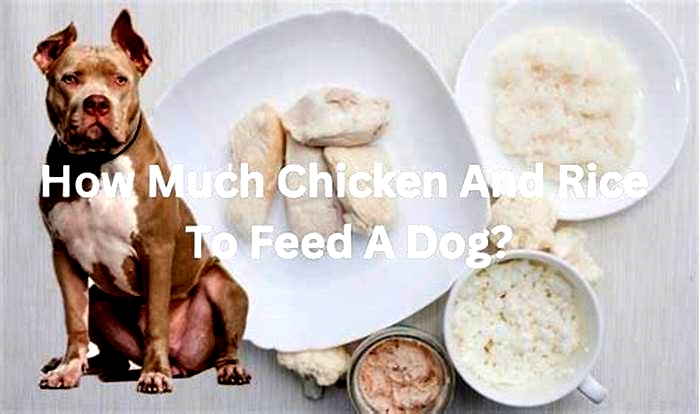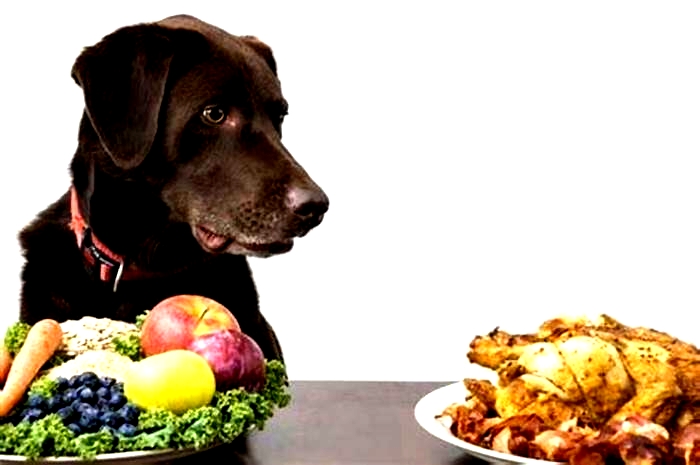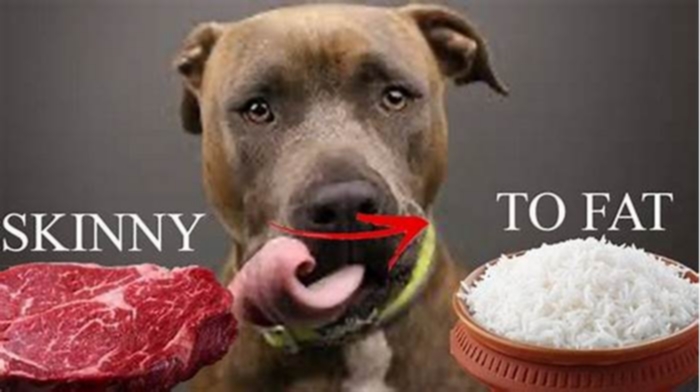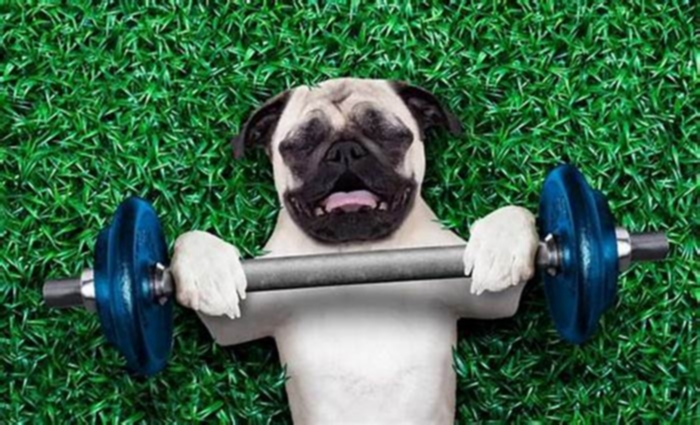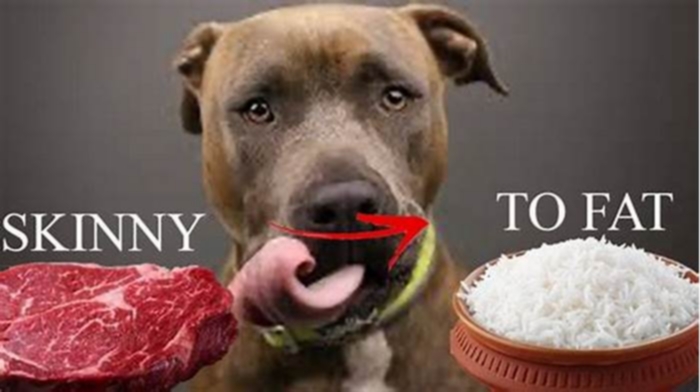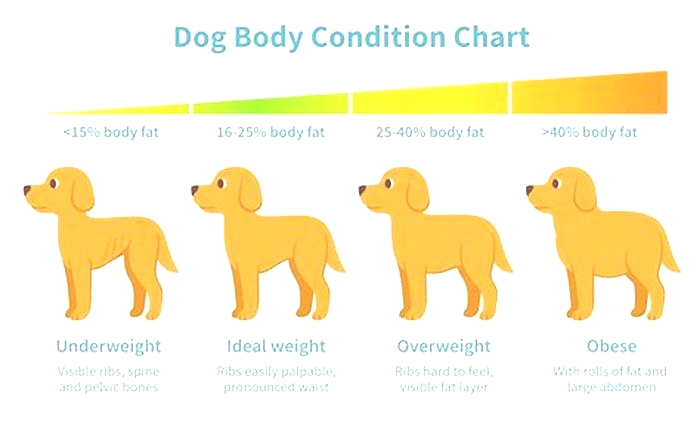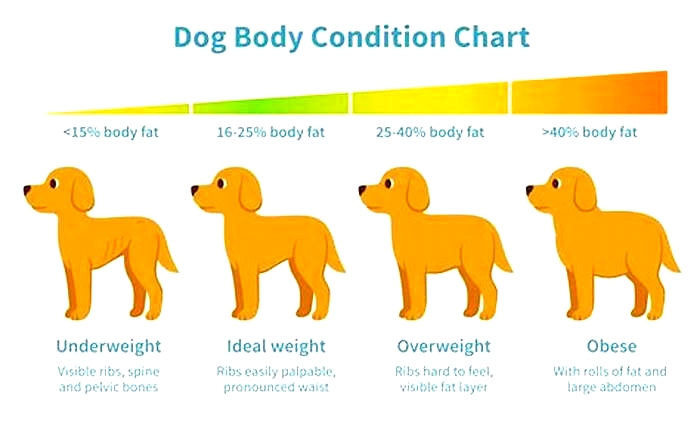What is the best oil for dogs to gain weight
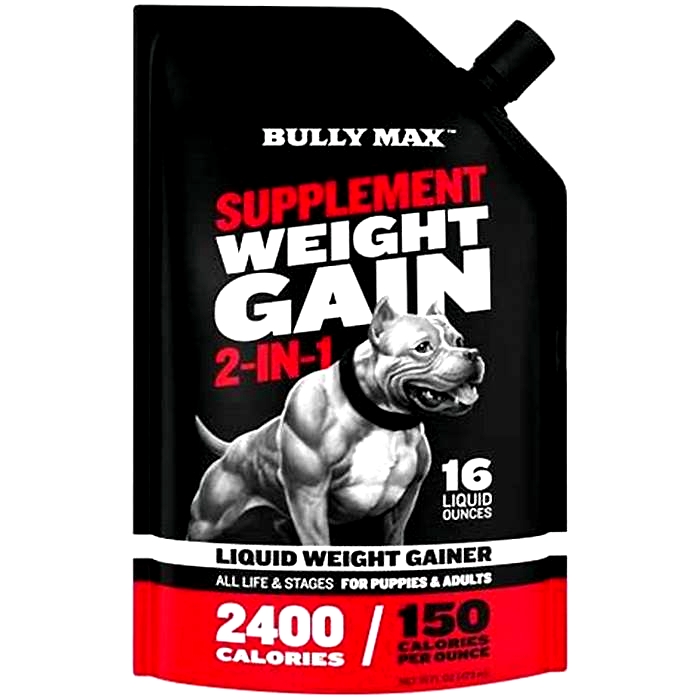
How to Get a Dog to Gain Weight in 6 Safe and Easy Steps
While obesity is a common problem for many dog breeds, insufficient weight can significantly affect many dogs. When a dog is underweight, it could be a sign of a more serious, underlying condition. Insufficient weight can also cause more serious conditions and greatly affect a dog's quality of life. Have you wondered how to get a dog to gain weight, especially if they look smaller for their size?
In this article, we'll cover some of the reasons why dogs may become underweight and we'll mention tips and tricks for how to get a dog to gain weight. Follow along with us to learn more about how insufficient weight can affect your dog and how to remedy the issue.
Why Do Dogs Become Underweight?
There are numerous reasons why dogs might lose an excessive amount of weight, including parasites and health conditions. Excessive stress, past trauma, old age, dietary restrictions, and dietary preferences can all play a role in a dog being underweight, as well.
Stress
Dogs experience stress in a very similar way to humans - they can even have nervous breakdowns if the stress goes on for too long. Stress often causes dogs to lose their appetite, leading to gradual weight loss that will eventually become evident around their abdomen.

Picky Eaters
Dogs can also be picky eaters, just like humans. Some dogs hate dry dog food, while others won't go near wet food. Some dogs are so picky that they'll only eat dog-safe human foods like beef, chicken, and certain vegetables. Dogs can also get sick of their regular food and refuse to eat it.
Try Different Foods
If your dog is picky, you're probably going to need to experiment a little bit. Dogs are very sensitive to smells and flavors, and if there's a hint of something in their food they don't like, they definitely won't eat it. Try buying small packages of many different foods and letting your dog sample.
Age
As dogs get older, they may experience tooth decay and other mouth diseases that make chewing difficult or even painful. If eating becomes a painful activity, a dog is likely to stop eating altogether. This can also increase their stress level, which will further prevent them from wanting to eat.
Sickness
Various health conditions can lead to a dog losing their appetite or prevent their bodies from absorbing the nutritional value of their food. Diabetes and thyroid disease can both prevent a dog from gaining weight. Parasites like intestinal worms can also prevent your dog from putting on pounds.
They Were Once Stray Or Subject to Cruelty
Sadly, many dogs who were adopted from shelters have mysterious and traumatic pasts. A dog who was once stray may not be used to eating on a regular schedule (or at all), which can cause them not to eat. Dogs who experienced trauma around mealtimes may also associate eating with pain or fear.
Past trauma can linger for a very long time and cause a huge build-up of stress. As we know, increased stress can lead to a dog being underweight on its own. When past trauma comes into the picture, a dog may be so stressed out that they can't eat at all.

Why Would You Want a Dog to Gain Weight?
An underweight dog is highly prone to developing numerous health conditions, namely diabetes. Lack of proper nutrition can lead to a decrease in blood sugar and low glucose levels, which weakens major organ functions. Getting an underweight dog to gain weight is essential for their overall health.
How to Get a Dog to Gain Weight
If your dog needs to gain weight, there are several safe and healthy ways to help them reach their goal. It's crucial that you don't just begin leaving large amounts of food out or feeding them excessive treats. Rapid weight gain and excess food are also unhealthy for dogs. Let's go over some healthy weight-gain tips for dogs.
Identify Why They're Underweight
Identifying the root of an issue is step number one in every problem-solving situation. If you don't know why your dog is underweight, you won't be able to help your dog gain weight in a healthy and effective way. It's recommended that you consult with your veterinarian about your dog's weight issue.
Help Reduce Their Stress
Reducing stress can dramatically improve a dog's overall quality of life in addition to helping them gain weight. Many dogs are prone to separation anxiety, stranger anxiety, and anxiety about other dogs. It's important to do your best to make life as comfortable and easy for your pup as possible.
However, it isn't always simple to eliminate your dog's stressors. Many people have to go to work every day, and you can't stop other dogs from walking by your house. If you and your dog are in need of some help reducing their stress, we highly recommend trying our CBD products for dogs.

CBD is a non-intoxicating plant compound with many therapeutic properties. To combat dog stress, we created our CBD Dog Treats + Stress & Anxiety Relief. They're packed with peanut butter and green apples to entice dogs' palates, then the CBD and other ingredients work to relieve dogs' stress.
CBD is naturally soothing and, through interacting with a dog's endocannabinoid system (ECS), promotes mental calmness and peace. Many of our customers give one of these treats to their dogs in the morning before leaving for work or before taking the dog on a trip to help them remain relaxed.
If your dog is too picky for the treat's flavor, we also offer CBD for dogs in tincture form that can be mixed into their food of preference. It's the same as the CBD oil we use in the treats, which is 100% organic, natural, gluten-free, and non-GMO. If you need help de-stressing your dog, CBD is a super effective tool.
Related: Organic Dog Food vs Non-Organic [In Depth Comparison]
Take it Slow
As we mentioned, you'll want to do your best to prevent your dog from gaining weight too quickly. You'll also want to be cautious of pressuring them into eating when they aren't up for it. Try giving them new foods one at a time, on different days, and monitor your dog's reaction to them as you go.
Simply buying a different brand isn't always the best option for every dog. If you feed them dry food, try adding water to it one day. Do your best to remain supportive and encouraging of your dog as they try new foods and not to get angry with them if they're resisting the process. It may be a long journey.
Choose Foods with Higher Calories
Rather than simply feeding your dog more food, try to look for foods with higher healthy calorie counts. Look for ingredients like healthy proteins and fats, but avoid unhealthy fats. Some healthy proteins for dogs are chicken, turkey, and peanut butter (the latter of which also contains healthy fat).
When searching for food with healthy fats, look for ingredients that are rich in omega fatty acids. Omega fatty acids are also amazing for a dog's overall health, namely their heart health. Eggs, hemp seeds, and quinoa are all good sources of omega fatty acids.
Safe Human Foods
Dog-safe human foods are a great way to help change up your dog's normal eating routine and introduce additional nutritional value into their diet. In addition to the foods in the last section, some healthy human foods to help your dog gain weight are:
- Eggs - Eggs are an awesome source of protein that most dogs love to gobble up. Try adding some scrambled eggs into their food to see if it entices them into eating, or serve it on its own.
- Salmon and Tuna - Both kinds of fish are excellent sources of healthy fat and protein. However, they should both be served completely cooked and unseasoned for the safety of your dog.
- Pumpkin - Pumpkin provides a healthy source of vitamins, minerals, and fiber for dogs. It also adds a fun new flavor to their diet! We use pumpkin in another kind of CBD dog treat we offer, Pumpkin Spice & Cinnamon + Joint and Mobility Support. Dogs LOVE them!
- Sweet Potatoes - Like pumpkins, sweet potatoes offer high nutritional value to a dog's diet. They should always be served cooked (boiled or baked), completely unseasoned, and in moderation. You'll find sweet potato in our last variety of CBD dog treats, Blueberry & Sweet Potato + Heart and Immune Care.

Increase Activity
As your dog begins eating more, they'll need to increase their activity to match their caloric intake. Don't push them too hard at first - if they're underweight, they're likely to be somewhat weak and fatigued. Start by going for longer than usual walks and increasing playtime activities like fetch.
When Should I Go to the Vet?
If you believe your dog is underweight, we recommend heading to the vet as soon as possible so that they can diagnose the issue. Remember, identifying the root of the issue is step number one. Your vet will be able to discern why your dog is underweight and over more tips for weight gain.
Final Thoughts - How to Get a Dog to Gain Weight
We all love our dogs so much, and when they're suffering, we want to do everything we can to help. While being underweight may not seem like a huge deal, it definitely can be when left untreated. Want to learn more? You can visit these helpful dog guides.
4 Healthy Oils To Add To Your Dog's Diet
By Andrew Daniels
Just like you, your dog may not be getting all the necessary nutrition he needs from eating his regular diet. While standard dog food can certainly come packed with plenty of essential nutrients, you can supplement your dogs dietary regimen with certain healthy oilsjam packed with Omega-3 and Omega-6 fatty acidsto promote optimum heath.
In this simple guide, well show you how to pick these natural oils for dogs, and offer best practices and feeding tips.
What are the healthiest oils for dogs?
Fish oil:Fish oil contains EPA and DHA, omega-3 fatty acids that help arthritis, and also has some anti-cancer effects, says Nancy Scanlan, DVM, CVA, MSFP, and executive director of the American Holistic Veterinary Medical Foundation. Fish oil can also improve your dogs memory.
The primary reason I recommend fish-oil based omega-3 fatty aids is to yield a natural anti-inflammatory effect that can help reduce overall inflammation in the body and potentially decrease my patients reliance on medications aimed at reducing inflammation and pain, says Dr. Patrick Mahaney, VMD, CVA, CVJ, and a certified veterinary acupuncturist with California Pet Acupuncture and Wellness (CPAW).
Krill oil:While fish oil usually comes from fish higher on the food chain, like salmon, krill oil hails from tiny shrimp-like organisms that rank a little lower. This makes krill oil less likely to be contaminated with mercury, Dr. Scanlan says. It also contains EPA and DHA, and will help give your pet healthier joints and skin, in addition to other benefits.
All dogs are omnivores that lean towards the carnivorous side, so they best absorb non-vegetarian-based oils like fish and krill, explains Dr. Mahaney.
Coconut oil:Extra-virgin coconut oil has become a popular choice for humans because its a healthier alternative to more processed saturated and trans fats, and the same applies to dogs. Coconut oil has also been shown to help dogs lose weight, give them more energy, and offer relief to dry skin. Bonus: It will help improve your dogs bad breath!
Flaxseed oil:This oil is high in alpha linolenic omega-3s, which puts it in the same ballpark as wild fish when it comes to boosting heart health. Like many of the other healthy oils, flaxseed oil also helps with mobility for arthritic dogs, and can aid in blood pressure and kidney function.
How can I serve my dogs healthy oils?
Most oils come in either capsule form or free oil. But a jar of oil, once opened and exposed to the air, can become rancidso capsules are usually a better way to go, says Dr. Scanlan.
However, it could depend on your dogs taste preferences. Hearty-eating dogs may readily consume a capsule or allotted portion of liquid out of their food, says Dr. Mahaney. Most liquid oils mix best with moist food, but you can still pour them over dry food like kibble, he adds.
Capsules also tend to best be consumed out of moist food. Pets that are unwilling to consume the capsule may take it in liquid form if the capsule is pierced, squeezed, and mixed into the moist food or a soft treat, Dr. Mahaney says.
Do these oils have any negative effects for dogs?
Too much of any oil can cause weight gain, says Dr. Scanlan. A large dose of oil all at once can cause pancreatis in a susceptible individualespecially if they are fat, she adds.
Too much oil can also lead to a vitamin E deficiency if you dont properly supplement with some additional vitamin E.
Fish oil can prolong the time it takes blood to clot, so if your pet is going to have surgery, its best to stop the oil for at least five days before and five days after the operation, Dr. Scanlan says.
Whats the best way to tell quality when looking for these oils?
Companies that have the National Animal Supplement Council (NASC) seal are required to show that their products have been tested in labs to have the right kind and amount of oil in each capsule, says Dr. Scanlan. Look for this seal.
How do I know if oils are right for my dog?
If your dog is consuming a commercially available pet food and is suffering from skin conditions (like skin flaking or a dull coat), inflammation diseases (such as arthritis and cancer), or organ system damage, then talk to your vet about potentially adding oils that are rich in omega-3 and omega-6 nutrients to your dogs diet, says Dr. Mahaney.
Image:HandmadePictures/ Shutterstock

